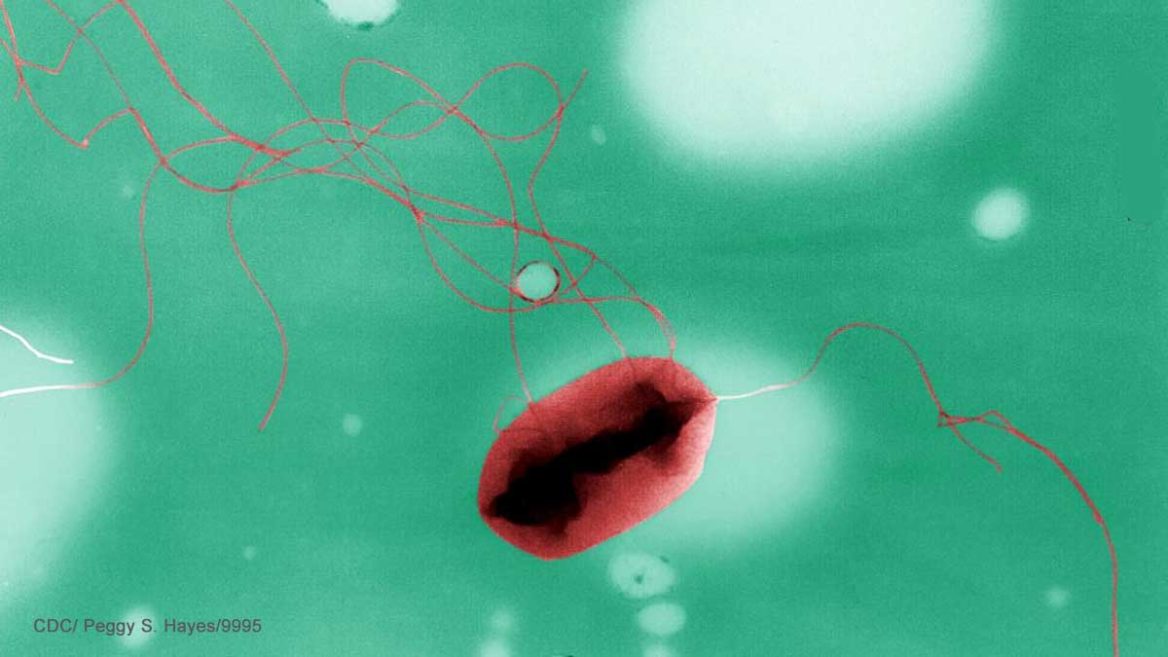An E. coli infection can cause heart problems, even heart failure. This is why our lawyers fight companies that sell contaminated food, winning money in settlements and trials for people sickened in outbreaks of illness.
Hemolytic uremic syndrome (HUS), a complication of E. coli poisoning, causes kidney failure and a multitude of other serious health problems, including cardiac issues that may lead to a heart attack or acute failure. High blood pressure (hypertension) may be an indication of a potential problem, but this is not always present in early-stage injury.
E. coli-Associated Heart Failure Due to Hemolytic Uremic Syndrome (HUS)

When the kidneys fail from E. coli-HUS, there is little or no urine output, meaning chemical toxins that should leave the body have not. These toxins end up accumulating in the blood stream, poisoning the body. This condition is called uremia or uremic poisoning. The toxins can travel to the heart, causing inflammation of this organ’s muscle or lining (called myocarditis, or a weakening of the muscle [cardiomyopathy]).
We have represented people sickened in this way by food contaminated with E. coli bacteria. In some cases, dialysis will reverse some of this damage. We say this because we know families need hope when in this situation.
Recent studies have recommended routine evaluation of myocardial function for all HUS patients1. These patients always have some degree of blood clot (thrombi) formation. This condition is called thrombocytopenia. The clots can form in or near the heart or in other parts of the body, where they can travel to the heart and put the patient into cardiac arrest.
Children Can Have Heart Damage from E. coli Poisoning
Even very young children can have heart damage and kidney failure from E. coli-HUS:
- A 21-month-old child was admitted to the hospital after 9 days of bloody diarrhea. Tests found microangiopathic anemia, thrombocytopenia, renal failure, increased left ventricle thickness, cardiomegaly, and pulmonary edema. In most cases such as this, the child has high blood pressure (hypertension), but this little one initially did not. A year later, the child had abnormal left ventricular function and she still had hypertension.
- A 34-month-old girl entered the hospital with bloody diarrhea, disturbed consciousness, thrombocytopenia, hypertension, and renal failure. After 5 days in the hospital, a murmur was detected, and tests found depressed function of the left ventricle.

You and your child have the right to seek compensation for past and future medical expenses, lost income, pain and suffering, emotional distress, disability, loss of quality of life, and other damages resulting from E. coli-HUS. You can contact Pritzker Hageman, a national E. coli law firm, for a free consultation. please call toll-free at 1-888-377-8900 or submit the firm’s free case consultation form.
Resource
1. Machol, Keren, et al. “Keeping the heart in mind when managing hemolytic: uremic syndrome.” The Israel Medical Association journal: IMAJ 13.7 (2011): 446-447.